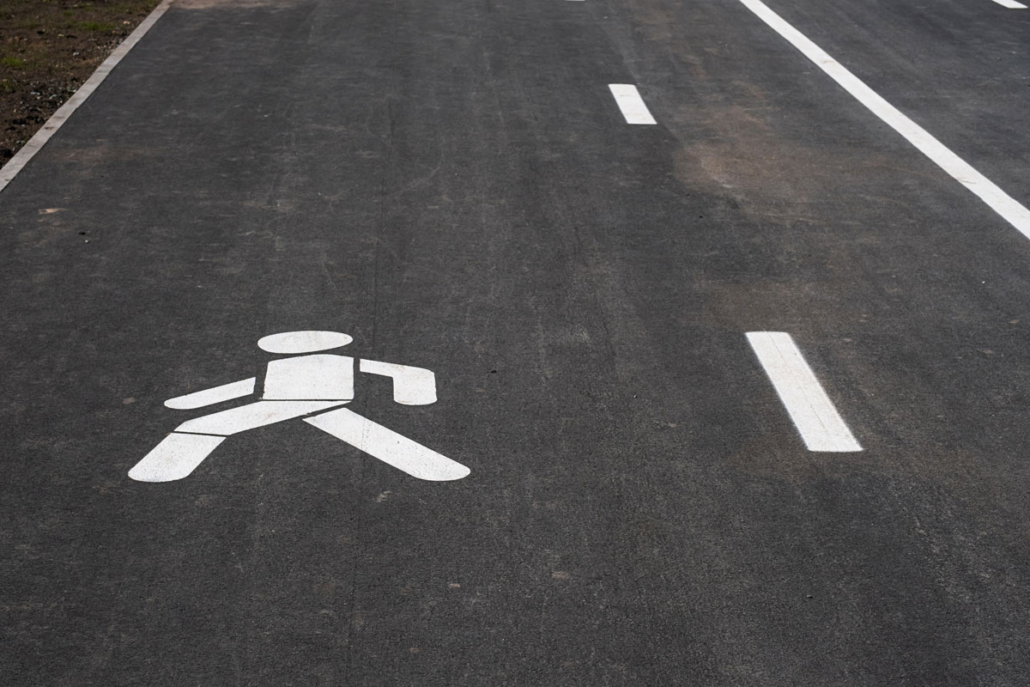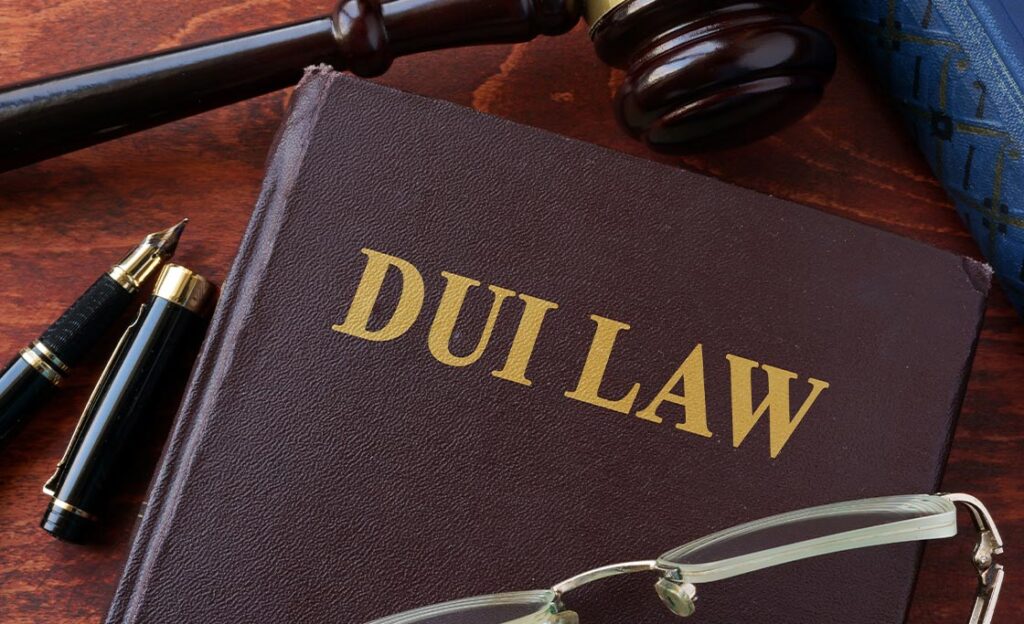Amanda Hall Injury Law Blog
Stay informed with the Amanda Hall Injury Law blog, your local
personal injury law blog
for Woodstock GA personal injury insights and
legal tips for accident victims
across Georgia. Explore articles on
car accident legal tips
, truck accident compensation, slip and fall legal guidance, and more, all designed to help you understand your rights and navigate Georgia personal injury laws with confidence.
Blog








